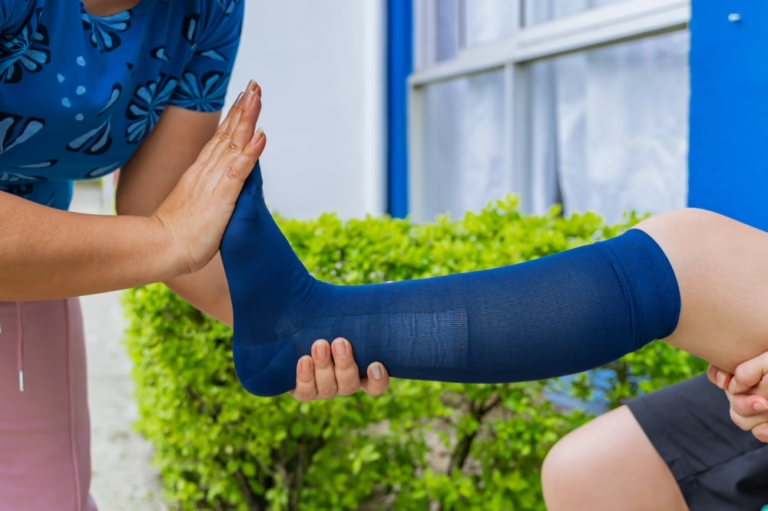
Not all vein centers are created equal. In last week’s blog post, I told you three things to look for when evaluating vein centers. I was going to write about the other three today, but the information on ultrasound competence took up a lot more space than I anticipated. So the last two things to look for will have to wait until next week.
Vein centers live and die based on how good the ultrasound data is. Sure, the physical examination is important, but a vein specialist (phlebologist) needs to know the exact anatomy of the veins to decide what to do. Ultrasound is the test that phlebologists use to see the anatomy. Imagine an orthopedist evaluating knee pain without a knee x-ray. It would be the same for a phlebologist to evaluate vein disease without an ultrasound.

Did you know that just because you have varicose veins, it doesn’t mean that you need a procedure? Or that all patients who need a procedure don’t need the same procedure. How about that if a patient stands for a long time during an ultrasound, the technician can make the vein disease look worse. These are only a few of the subtle issues that a good ultrasound test of the legs can address. So, how can you be confident that you are getting an adequate evaluation? Look for the following:
- Does the ultrasound technician devote herself to vein disease, or is she a jack of all trades? After all, you don’t want a carpenter telling you what’s wrong with your car. And you don’t want a technician that spends her time doing abdominal and gynecological ultrasounds looking at your leg veins. That technician doesn’t have the specialized knowledge that is required to know what, if anything, is wrong with your legs.
- Is the ultrasound lab accredited? Accreditation of the lab by ICAVL (Intersocietal Commission for the Accreditation of Vascular Laboratories) is a sign of excellence. Vein centers have to meet rigorous requirements to obtain accreditation. These include the number of studies performed and the number of false positives or false negatives found. You can find a list of accredited labs at this link: http://www.intersocietal.org/vascular/main/lab_list.htm.
- Is the technician an RVT (registered vascular technologist)? RVT certification is a true symbol of excellence. To qualify for this prestigious certification, a technologist must have performed many vascular examinations. He or she must pass a rigorous written test, one that has a high failure rate. Only then can an ultrasound tech receive the RVT designation. You can find whether an ultrasound tech has the RVT designation at this link: http://www.ardms.org/registrant_resources/id_cards_status_verification1/status_verification/ardms_directory_of_registrants.
Don’t be afraid to ask these tough questions when you are evaluating vein centers. If the office hesitates to answer them, you should move on.
Next week, I really will finish this article with the last two things to look for when evaluating vein centers.



